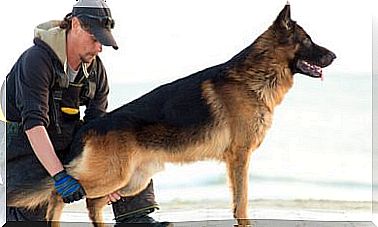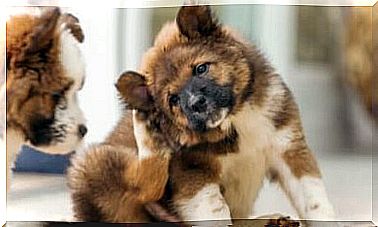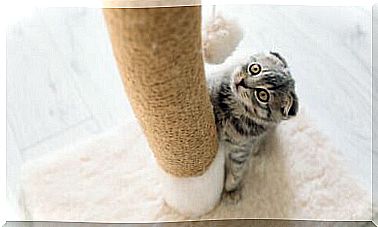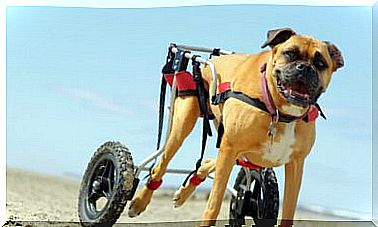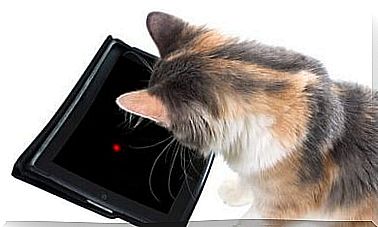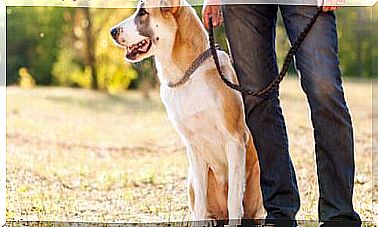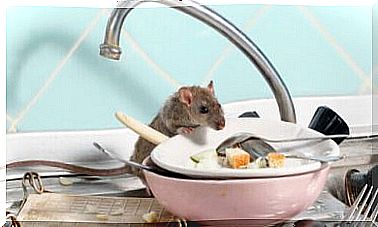Parasites That Live In Your Dog’s Bed
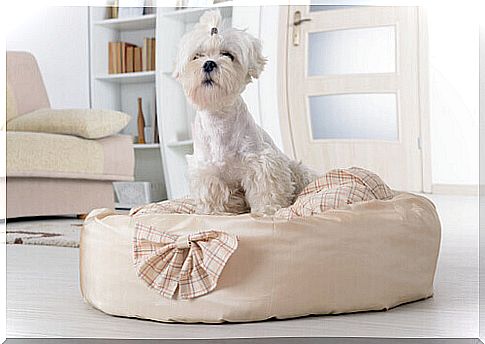
Your dog’s bed has thousands of microorganisms, such as parasites, viruses, bacteria and fungi, that sleep in it every night (and days). In the same way that we are concerned about having our bed clean and changing the sheets, it is important that we also take care of the hygiene of your beds.
Contagion on tours
When they go out for a walk, the dogs explore every corner, play with other dogs, with sticks, get wet in puddles, suck and lick all sorts of things. We like to see how they have fun, but it also means that when they return home, they can bring a multitude of parasites such as fleas, mites and ticks, which in the end will end up in your bed and, on top of all that, transmit diseases to us, their owners.
external parasites

Our friend can catch fleas from another dog or animal, or even from the street, and bring them home. One of your favorite “hiding spots” is your pet’s bed. You will have to be meticulous because they can infest the house.
You will have to put medicine for this, comply with the deworming schedule and, if your dog itch a lot, take him to the vet to check that everything is in order.
Ringworm
It is an infection produced by a special group of fungi that infect our dog’s skin, fur and claws. Its symptoms can be redness, itching, hair loss, crusted patches of sores, and claw problems.
Ringworm is characterized by being a circle-shaped lesion, sometimes reddish and with scales, causing hair loss in the region and not always itching.
The spores of this infection can live up to two years in the environment, including our dog’s bedding. The contagion is simple and fast, and it can be transmitted to other animals or people who live in the same house.
Ascarid and hookworm
These are parasites that inhabit our dog’s digestive tract and feed on the intestinal contents or, as is the case with hookworm, dogs are infected by ingesting other sediments infected with eggs or by eating infected animals such as rats or birds. It can also be transmitted from mothers to their offspring.
Symptoms or signs of infection with these pathogens include irregular weight loss, diarrhea and vomiting, unsightly hair, coughing, and may cause abdominal swelling.
Salmonella and listeria
These two known diseases are transmitted through human food. It has now been proven that 25% of raw commercial diets test positive for these two bacteria.
Our pet can harbor these bacteria in their intestines without showing symptoms and transmit them to people who live with them. We will eliminate the risk of contagion if we clean your bed thoroughly, wash your hands and properly store and handle your pet’s food.
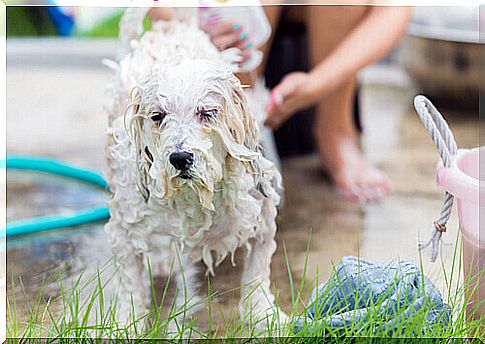
Cleaning to prevent parasites
The hygiene of our friend’s bed is very important. To carry it out, we must look at the label when buying a bed, whether it can be washed in the washing machine and even put in a dryer. With this, the problem can be virtually solved. High temperatures are the ideal tool to exterminate parasites, bacteria and fungi.
Before washing the dirt from our friend’s bed, it’s a good idea to vacuum it to remove hair and remnants of incrusted dirt. It will also be important to select the right soap. Some of them can cause allergic reactions in our dog. Therefore, we have to avoid soaps that contain ammonia and bleach as they are very harmful products.
our friend’s hygiene
There is a very simple action that we can take to eliminate the remains of parasites in our dog when we return from a walk, which is to wipe his paws with a towel when we get home.
Also a correct brushing after the walk helps to eliminate any substance that has adhered to your hair and thus reduce the frequency of your baths.
deworm
Finally, it is very important to carry out an external deworming against fleas and ticks, as well as to use internal deworming products. Since we protect our friends from parasites and infections, we also protect ourselves, thus preventing contagion.
